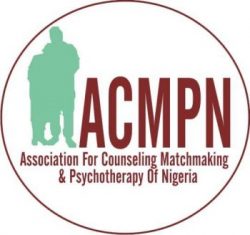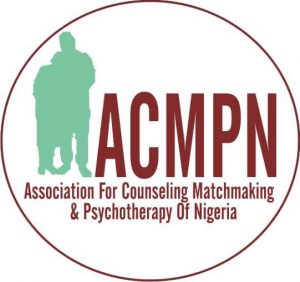 Depression is the most common mental disorder and among the most disabling diseases in the world. Depression has serious social consequences on our friendships, relationships, education and work. Research show that one in five women are likely to be seriously depressed at some point in her lifetime, and roughly half that proportion of men
Depression is the most common mental disorder and among the most disabling diseases in the world. Depression has serious social consequences on our friendships, relationships, education and work. Research show that one in five women are likely to be seriously depressed at some point in her lifetime, and roughly half that proportion of men
It is evident that since the first mentioning of ‘melancholia’ (between 5th and 4th centuries BC) until today many people have been struggling to identify what depression is and where it comes from.
NHS (National Health Service) goes on in defining depression as a serious illness. It says that ‘depression is more than simply feeling unhappy or fed up for a few days’. People who feel depressed experience ‘low mood, loss of interest or pleasure, feelings of guilt or low self-worth, disturbed sleep or appetite, low energy, and poor concentration’. It says that the symptoms persist for weeks or months but encourages individuals to seek help after the symptoms have been present for two weeks. As a treatment NHS recommends medication or talking therapies (counselling, psychodynamic psychotherapy, interpersonal therapy or cognitive behavioural therapy), or a combination of the two.
There are currently no methods available in standard mental health practice that can predict which treatment is going to work for which individual in helping to overcome depression.
Currently, scientists and mental health practitioners recognise that depressive symptoms might have biological, psychological and social causes although there have not been huge discoveries around identifying biological reasons yet.
In most occasions in the UK, people are diagnosed with depression by their GPs during a 10 minute appointment. The most common help that people get when diagnosed are antidepressants although research results of the last decades show that medication does not help individuals more than placebos. In addition, they might advise to get counselling or psychotherapy but they very rarely refer to one of the talking therapies although NHS recommends it. Here in Nigeria, the focus on mental health and it’s solutions is just beginning to gain traction due to cultural norms that makes it ‘shameful’ to accept and the tendency to see such people as ‘crazy’.
Counsellors and psychotherapists mostly see depressive symptoms as a clue to exploring the individual’s inner world. With these therapies people are helped to understand themselves better. The first step in the individual counselling of depression is to create a stable therapeutic relationship. For example person-centered psychotherapy’s method is based on research that shows that an accepting, empathic relationship between a counsellor and a client helps a client become self-aware and self-reliant. The therapy is ‘designed’ to be adapted to each client instead of being a one-size-fits-all approach. Rather than analysing what is wrong with the client and subjecting the client’s feelings and behaviours to analytical interpretation, the therapist is a companion on a clients’ journey to cope with and find solutions to life problems.
The ‘problem’ with this is that counselling and psychotherapy take more time than the time needed to swallow a pill, and some would argue that more money has to be invested into the mental health system, i.e. people’s well being.
One thing is quite worrisome. Many people who are diagnosed with depression are instantly advised to start taking antidepressants but a very small number are actually referred to counselling, and in some cases they have to wait for months before starting with one of the talking therapies. In some countries where there is no medical insurance, the time is shortened because people can reach Counsellors quicker.
Regardless of the written, I’m glad to witness that treatment of mental health problems has been lately improved, but unfortunately, there is still huge public stigma which prevents the equation of mental health problems to physical ones.
Authored by Maya Tomse, a psychologist in the Counselling Directory Site

